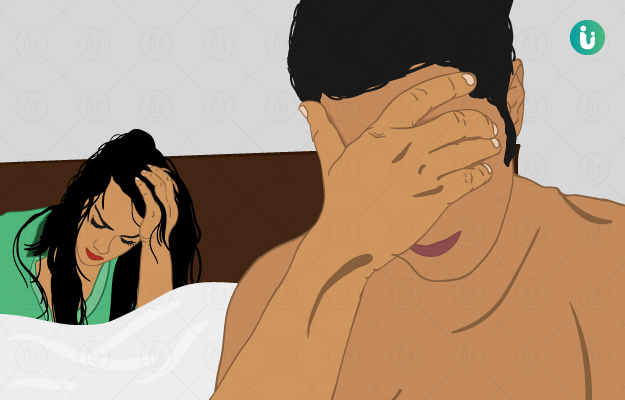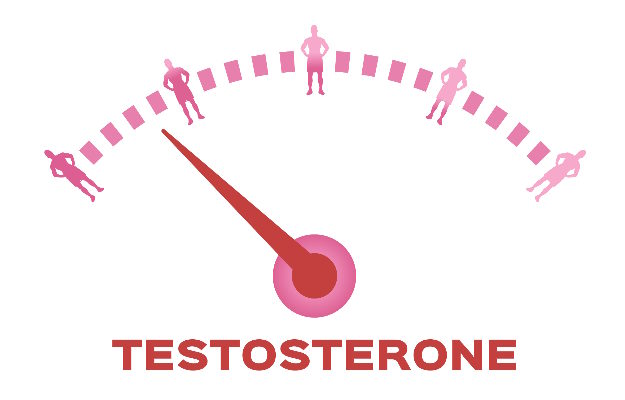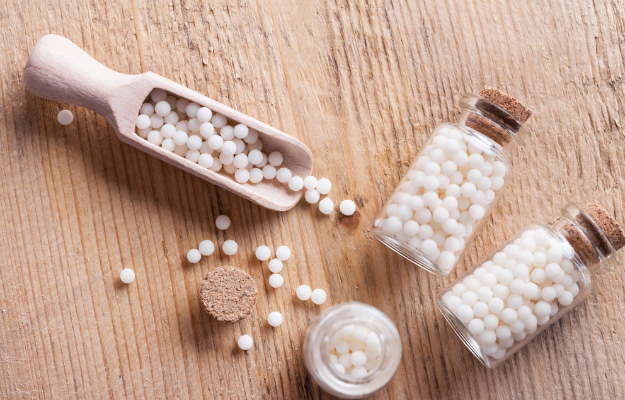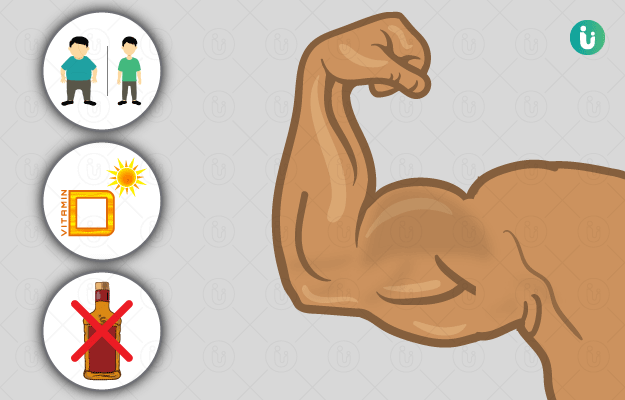What is Testosterone deficiency?
Testosterone deficiency is a condition most commonly seen in ageing men, as the production of testosterone is affected leading to its deficiency. Testosterone deficiency in younger men may result in other complications, as they are essential in the process of puberty and transformation of the body.
What are its main signs and symptoms?
The signs and symptoms of this condition differ as per varying age groups. Some of the common signs of testosterone deficiency are:
- Underdeveloped male genitals.
- Poor facial hair and muscular development.
- Stunted growth post puberty.
In adults, mood swings get persistent with a low sex drive and difficulty in sexual activities.
- Muscular strength lessens.
- Osteoporosis
What are the main causes?
Control of the production of testosterone depends upon the testes and the brain, as the brain regulates the production of the hormones. The most natural cause of testosterone deficiency is an old age. Other causes which lead to this condition are:
- Genetic disorders of the pituitary, hypothalamus or the testes
- Drug abuse
- Any trauma or damage to the testes
How is it diagnosed and treated?
In case of decreased libido and frequent mood swings, a physician may order a testosterone test performed by taking blood samples. This test is repeated in under a day or two to confirm the readings. Treatment for this condition is available, however, it is not fully curable and requires the periodic intake of the medication. A testosterone replacement therapy is often adapted to return the levels to normal. A testosterone gel or injection may be prescribed to treat the deficiency.
In young adults, testosterone therapy can easily correct the missing secondary sexual characteristics. However, in older adults, it might not produce completely satisfying results.
Testosterone deficiency is a challenging condition for any adult as it affects testicular growth in men.

 Doctors for Testosterone Deficiency
Doctors for Testosterone Deficiency  OTC Medicines for Testosterone Deficiency
OTC Medicines for Testosterone Deficiency
 Testosterone Deficiency articles
Testosterone Deficiency articles

 Ayurvedic Treatment of Testosterone Deficiency
Ayurvedic Treatment of Testosterone Deficiency
 Exercise for Testosterone Deficiency
Exercise for Testosterone Deficiency
 Home Remedies for Testosterone Deficiency
Home Remedies for Testosterone Deficiency
 Homeopathic Treatment of Testosterone Deficiency
Homeopathic Treatment of Testosterone Deficiency







 Editorial Team
Editorial Team

 Dr. Ayush Pandey
Dr. Ayush Pandey


 Dr. Laxmidutta Shukla
Dr. Laxmidutta Shukla

 Dr. Rachita Narsaria
Dr. Rachita Narsaria












